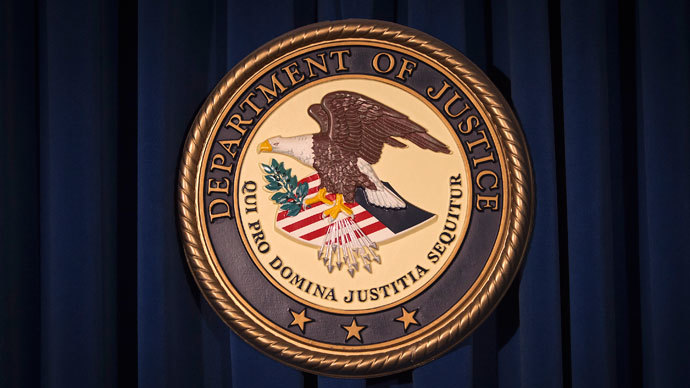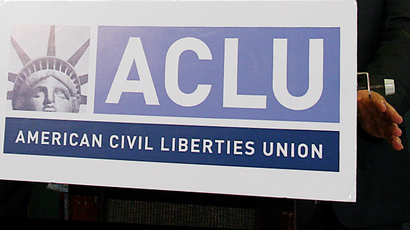Govt retaining documents thought to detail unknown NSA programs

Officials from the US Justice Department have admitted that they have intentionally not provided documents related to NSA surveillance activity in response to a lawsuit from the American Civil Liberties Union.
Responding to a Freedom of Information Act (FOIA) request from the ACLU, US attorney Preet Bharara from the southern district of New York told the ACLU on Friday that authorities would keep “certain other” records from the secret Foreign Intelligence Surveillance (FISA) court classified.
The ACLU was seeking to gain more insight into the government surveillance programs first revealed by whistleblower Edward Snowden, only to be told that some documents would be “withheld in full” under the Patriot Act.
The government's letter to the ACLU has inspired many to speculate that the federal government has used and/or is continuing to employ surveillance programs that have not been revealed as part of Snowden’s leaks. US President Obama has admitted that the NSA programs – which 53 percent of Americans are against, according to a recent Gallup poll – have “never been subject to vigorous public debate.”
One of the most contentious programs used by the NSA is the bulk collection of telephone metadata belonging to millions of Americans. The FISA court (also referred to as FISC) first authorized that program in 2006, and documents regarding its reauthorization were among those previously disclosed by the Justice Department.
Yet on Friday, the same day that Obama delivered his highly anticipated speech on the changes that the NSA would undergo, US Attorney Preet Bharara said that reauthorization documents released on that day would be among the last ones to be turned over as part of the ACLU suit.
“As discussed by telephone this morning, the government in fact has processed all of the remaining FISC Orders responsive to the FOIA request in this case that relate to bulk collection, regardless of whether the order contains any additions and/or adjustments to the implementation procedures, minimization procedures, and/or reporting requirements set out in other FISC orders,” Bharara said.
“The government cannot specify the total number of documents withheld in full from this final set of responsive documents because the number itself is classified,” the attorney wrote, as quoted by the Guardian.
ACLU attorney Alexander Abdo said the ACLU's request only sought surveillance efforts conducted under Section 215 of the Patriot Act, the most controversial section of the deeply polarizing law. The Justice Department's disclosures have so far not included details about a CIA program that recorded information about international money transfers, another bulk collection program first reported in November by The New York Times and The Wall Street Journal.
“It appears that the government is concealing the existence of other bulk collection programs under the Patriot Act, such as the CIA's reported collection of our financial records,” Abdo told the Guardian. “In other words, on the same day that President Obama recognized the need for a vigorous debate about bulk collection, the government appears to be hiding the ball. We can't have the debate that President Obama wants without the facts that his agencies are hiding.”














